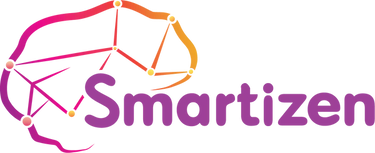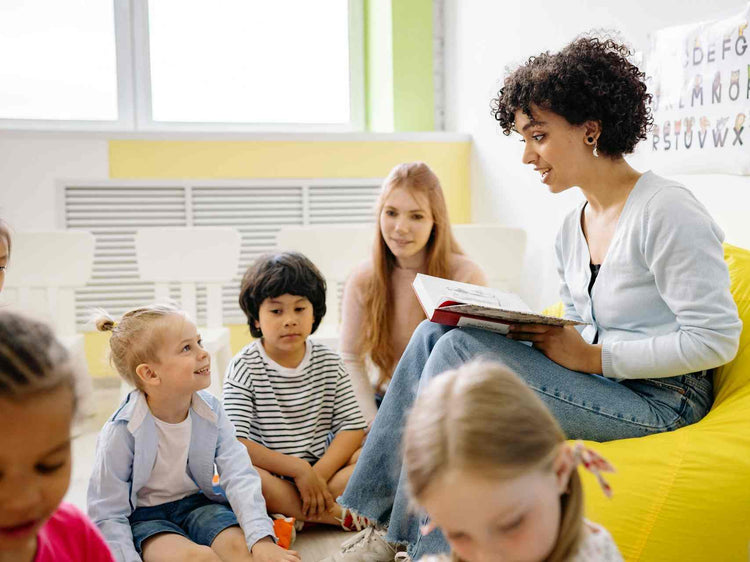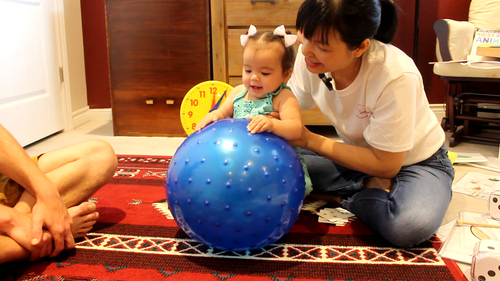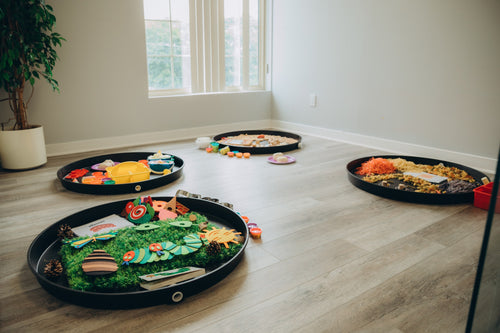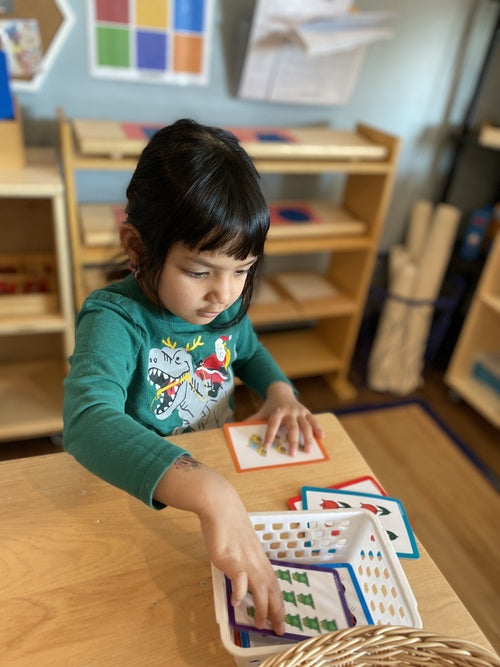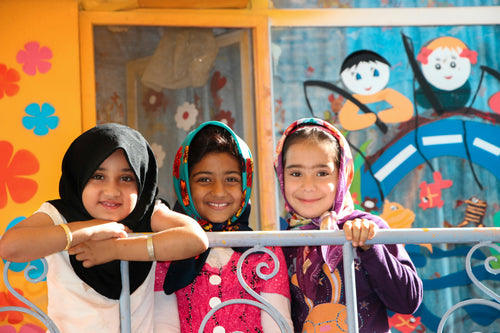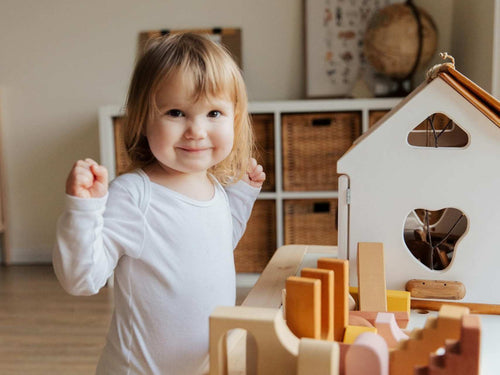Understanding and celebrating preschooler's growth milestones is essential for every parent and caregiver. These milestones, often referred to as "child development milestones," are indicators of a child's progress in various areas, including physical, emotional, cognitive, and social development. This article explores the key growth milestones for preschoolers, offering insights into what to expect and how to support your child's development.
Physical Development Milestones
Physical development in preschoolers is marked by significant improvements in both gross and fine motor skills. These child development milestones are critical for their independence and ability to engage in various physical activities.
Gross Motor Skills
- Running and Jumping: By the age of three, most children can run and jump with confidence. Their coordination improves, allowing them to engage in more complex physical activities.
- Climbing and Balancing: Preschoolers begin to climb stairs with alternating feet and can balance on one foot for a few seconds. This development is crucial for their overall motor skills and independence.
Fine Motor Skills
- Drawing and Writing: Around this age, children start to hold pencils and crayons more effectively, allowing them to draw shapes and eventually write letters. This milestone is foundational for their academic skills.
- Self-Care Tasks: Preschoolers gain more control over their fine motor skills, enabling them to dress themselves, button clothes, and use utensils during meals.

Cognitive Development Milestones
Cognitive development in preschoolers encompasses the growth of language, thinking, and problem-solving skills. These child development milestones are essential for their ability to understand the world and interact with it meaningfully.
Language and Communication
- Vocabulary Expansion: Between the ages of three and five, children's vocabulary expands rapidly. They start forming longer sentences, asking questions, and using language to express their thoughts and emotions.
- Storytelling and Imagination: Preschoolers develop a vivid imagination, often creating stories and engaging in pretend play. This milestone is crucial for their cognitive and creative development.
Problem-Solving and Logical Thinking
- Understanding Concepts: Children begin to grasp basic concepts like numbers, shapes, and colors. They can sort objects by size and color and understand the concept of time, such as knowing the days of the week.
- Puzzles and Games: Engaging in puzzles and simple games helps preschoolers develop problem-solving skills and logical thinking. They learn to follow rules and develop strategies to achieve their goals.
Emotional and Social Development Milestones
Emotional and social development in preschoolers involves learning to understand and manage their emotions, as well as developing relationships with others. These child development milestones are critical for their emotional well-being and social skills.
Emotional Regulation
- Identifying Emotions: Preschoolers start to identify and label their emotions. They can express feelings such as happiness, sadness, anger, and fear, and begin to understand the emotions of others.
- Coping Mechanisms: Children learn to cope with their emotions through self-soothing techniques and seeking comfort from caregivers. They start to develop resilience and the ability to handle minor frustrations.
Social Interactions
- Playing with Peers: Social play becomes more interactive and cooperative. Preschoolers learn to share, take turns, and engage in group activities. They develop friendships and understand the importance of social bonds.
- Following Rules: As they interact with peers and adults, preschoolers learn to follow rules and routines. This milestone is essential for their socialization and adaptation to structured environments like preschool.

Recognizing Delay Signs and When to Seek Professional Help
While every child develops at their own pace, there are certain signs of developmental delays that parents should be aware of. Recognizing these signs early and seeking professional help can make a significant difference in a child's development.
Physical Development Delays
- Gross Motor Skills: If your child is not able to run, jump, or climb stairs by age three, or if they have difficulty with balance and coordination, it may indicate a delay in gross motor skills.
- Fine Motor Skills: Difficulty in holding crayons or pencils, inability to draw simple shapes, or trouble with self-care tasks like dressing may suggest a delay in fine motor skills.
Cognitive Development Delays
- Language and Communication: If your child has a limited vocabulary, struggles to form sentences, or has difficulty understanding and following simple instructions, it may indicate a delay in language and communication skills.
- Problem-Solving and Logical Thinking: Challenges in understanding basic concepts like numbers and colors, or difficulty with puzzles and games, can be signs of cognitive development delays.
Emotional and Social Development Delays
- Emotional Regulation:Difficulty in identifying and expressing emotions, frequent and intense tantrums, or inability to cope with minor frustrations may suggest a delay in emotional regulation.
- Social Interactions:If your child has trouble playing with peers, does not engage in pretend play, or struggles to follow rules and routines, it may indicate a delay in social development.
When to Seek Help
- Consult with Professionals: If you notice any of these signs or have concerns about your child's development, it's important to consult with healthcare professionals such as pediatricians, child psychologists, or speech and occupational therapists.
- Early Intervention Programs: Early intervention programs can provide support and resources to address developmental delays. These programs are designed to help children catch up and achieve their developmental milestones.
At Smartizen, we understand the importance of nurturing preschoolers' growth milestones. Our whole-brain education approach is designed to support every remark of your child's development milestones, from physical and cognitive to emotional and social skills. With a team of dedicated educators and a stimulating learning environment, Smartizen is committed to helping your child reach their full potential.
Our programs are tailored to meet the unique needs of each child, ensuring they receive personalized attention and care. By incorporating the latest research in child development, we provide a comprehensive and enriching experience that promotes lifelong learning and growth.
Join us at Smartizen and give your child the best start in their educational journey. Discover the difference a whole-brain education can make and watch your child thrive and achieve their milestones with confidence.
Visit Smartizen to learn more about our programs and how we can support your child's development.
